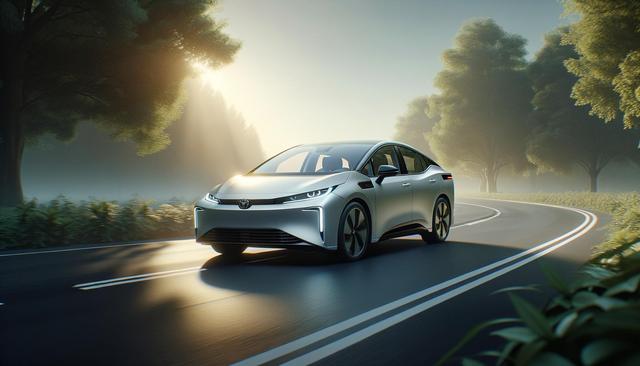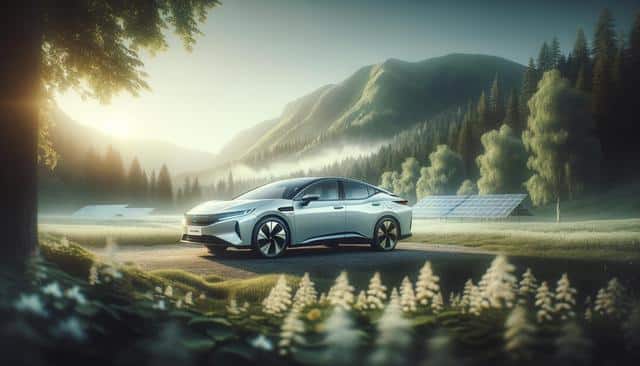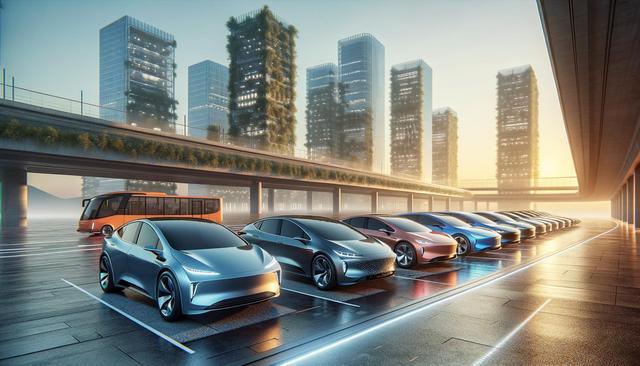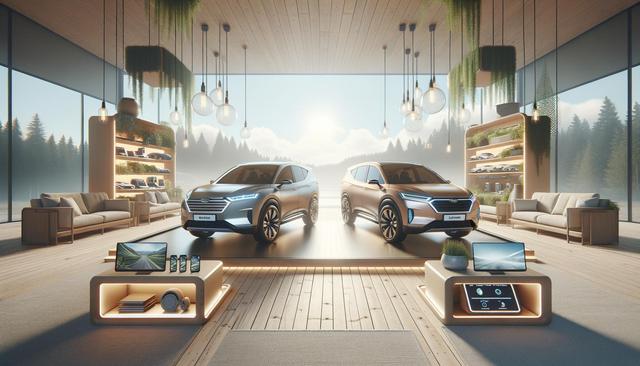What Are Hybrid Cars?
Hybrid cars combine an internal combustion engine with one or more electric motors powered by a battery. This dual system allows the vehicle to switch between or simultaneously use both power sources, optimizing fuel efficiency and reducing emissions. Unlike fully electric vehicles, hybrids do not require plugging in, making them a convenient transition for those used to traditional gasoline engines.
There are several types of hybrid cars, including:
- Full hybrids – can run on electric power alone, gasoline, or a combination.
- Mild hybrids – assist the engine but can’t power the car on electricity alone.
- Plug-in hybrids – can be charged and run longer distances on electric power before switching to fuel.
Each type offers different benefits, and choosing the right one depends on driving habits and environmental goals. Hybrid technology continues to evolve, making it an attractive option for many. For those interested in exploring further, https://go.jexli.com/postback?clickId={click_id}&payout={epayout}&p2={campaign} offers additional insights and options.
Fuel Efficiency and Cost Savings
One of the most appealing aspects of hybrid cars is their fuel efficiency. By utilizing electric power in low-speed or stop-and-go traffic, hybrid vehicles significantly reduce fuel consumption. This can lead to noticeable savings over time, especially for daily commuters or long-distance drivers.
Key advantages include:
- Reduced fuel expenses due to improved mileage.
- Less dependency on gasoline, especially for plug-in hybrids.
- Potential government incentives and tax credits in some regions.
Although hybrids may have a higher upfront cost compared to conventional cars, the long-term savings on fuel and maintenance often balance the initial investment. For those comparing vehicle options, https://go.jexli.com/postback?clickId={click_id}&payout={epayout}&p2={campaign} is a helpful resource to explore available models and savings calculators.
Lower Environmental Impact
Hybrid vehicles are designed to minimize environmental harm by lowering greenhouse gas emissions and reducing fuel consumption. Their ability to run on electric power significantly cuts down on tailpipe emissions, contributing to improved air quality.
Environmental benefits include:
- Lower CO2 emissions compared to traditional gasoline vehicles.
- Reduced noise pollution due to quieter electric operation.
- Decreased oil dependence, promoting energy sustainability.
For eco-conscious drivers, switching to a hybrid can be a meaningful step toward greener living. By reducing your carbon footprint, you contribute to broader efforts in combating climate change. More details on environmentally friendly options can be found at https://go.jexli.com/postback?clickId={click_id}&payout={epayout}&p2={campaign}.
Maintenance and Longevity
Hybrid cars are often seen as reliable and cost-effective in terms of long-term maintenance. The integration of the electric motor reduces strain on the gasoline engine, which can result in less wear and tear over time. Additionally, features like regenerative braking help extend the life of brake systems.
Maintenance highlights include:
- Fewer oil changes due to reduced engine usage.
- Less brake wear from regenerative braking systems.
- Long-lasting battery technology with many warranties covering 8–10 years.
While hybrid vehicle batteries were once a concern, advancements in technology have greatly improved their performance and durability. For more on hybrid maintenance and care tips, visit https://go.jexli.com/postback?clickId={click_id}&payout={epayout}&p2={campaign}.
Is a Hybrid Car Right for You?
Deciding whether a hybrid car fits your lifestyle depends on your driving habits, budget, and environmental priorities. For urban dwellers or those who face frequent traffic, the electric motor’s efficiency can lead to substantial savings. On the other hand, drivers who often travel long distances might benefit more from plug-in hybrids with extended electric ranges.
Consider the following when making your decision:
- Your average daily driving distance.
- Access to charging stations (for plug-in options).
- Initial budget vs. long-term savings goals.
If you’re exploring vehicle alternatives that blend performance, efficiency, and sustainability, hybrid cars are worth considering. For further exploration and to compare models, https://go.jexli.com/postback?clickId={click_id}&payout={epayout}&p2={campaign} provides useful tools and resources.
Conclusion: Embracing Smarter Mobility
Hybrid cars represent a thoughtful choice for drivers seeking to reduce their environmental impact without sacrificing convenience or performance. As technology continues to improve, hybrids offer a practical bridge between traditional vehicles and fully electric ones. Whether you’re motivated by fuel savings, reduced emissions, or advanced features, hybrids provide a well-rounded solution for modern transportation needs. To begin exploring your options, resources like https://go.jexli.com/postback?clickId={click_id}&payout={epayout}&p2={campaign} can help you make an informed decision tailored to your lifestyle.




Leave a Reply